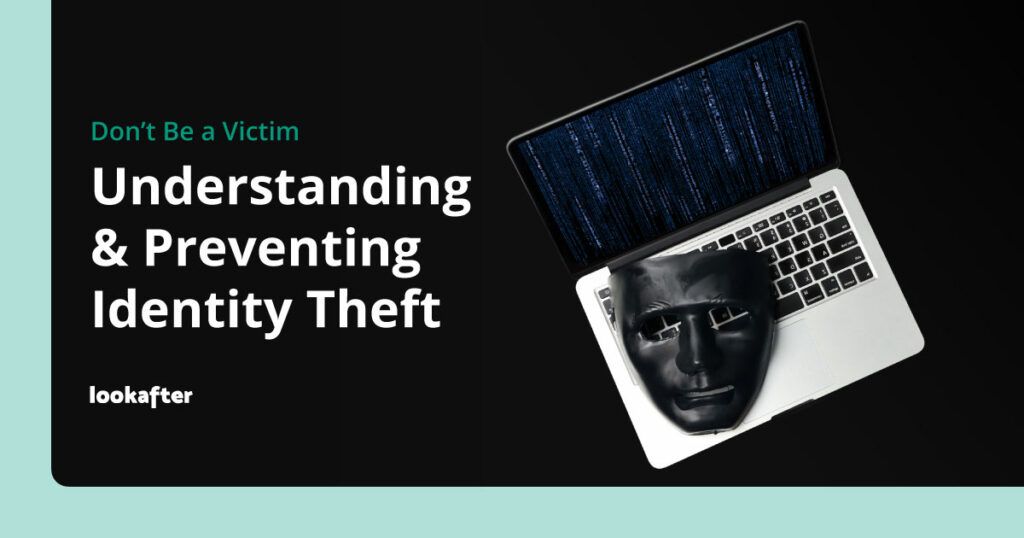Home > Empowering Tips > Understanding and Preventing Identity Theft

Identity theft is a serious crime that can have devastating consequences for victims. It occurs when someone steals your personal information, such as your name, identity card number, credit card number, or bank account number, and uses it to impersonate you. This can lead to a variety of problems, including financial loss, damaged credit, and difficulty obtaining loans or employment.
How Does Identity Theft Happen?
There are many ways that identity thieves can steal your information. Here are a few common methods:
- Phishing & Scams: Phishing emails or scam calls try to trick you into revealing your personal information by appearing to be from a legitimate source, like your bank or credit card company.
- Malware Infection: Malicious software installed on your device can steal your information in the background. This often occurs through infected email attachments or software downloads.
- Shoulder surfing: This occurs when someone watches over your shoulder to steal your PIN or other personal information as you enter it on a keypad.
- Dumpster diving: Hacker can steal personal information from documents you throw away, such as credit card receipts or bank statements.
- Social networking profiles: Hacker may exploit social media or other online platforms to gather information about you, such as your birthday, address, or family members’ names, which they can use to answer security questions or impersonate you.
How to Avoid Identity Theft
While it’s impossible to eliminate all risks of identity theft, there are several steps you can take to reduce your vulnerability:
- Be careful about sharing your personal information
Never provide personal information in response to unsolicited emails, texts, or phone calls, especially if they claim to be from financial institutions or government agencies. Legitimate organizations will not ask for sensitive information via these channels. - Use strong passwords
Create unique, complex passwords for your online accounts, and update them regularly. Avoid using easily guessable passwords like “123456” or “password.” - Secure your devices
Install reputable antivirus software on your computer and mobile devices, and keep them up to date with the latest security patches. - Shred sensitive documents
Before discarding any documents containing personal information, such as bank statements or credit card offers, shred them to prevent identity thieves from obtaining them. - Be careful when using public Wi-Fi
Avoid accessing sensitive information, such as your bank account, when using public Wi-Fi.
What to Do If You Think You’re a Victim
If you think you’ve been a victim of identity theft, take the following steps:
- File a Police Report: Visit your nearest police station and file a report. Provide as much detail as possible about the suspected identity theft. Keep a copy of the report for your records and for use in subsequent steps.
- Notify Your Banks and Credit Card Companies: Inform your financial institutions immediately about the suspected identity theft. They can freeze your accounts, issue new cards, and monitor for fraudulent activity.
- Change Your Password: Update passwords for all your online accounts, especially those related to banking, email, and social media. Use strong, unique passwords for each account to enhance security.
- Monitor Your Accounts: Regularly review your bank statements, credit card transactions, and other financial records for any unauthorized activity. Report any suspicious transactions immediately to the relevant institution.
Identity theft poses a significant threat in today’s digital age, but by understanding how it happens and taking proactive measures to protect your personal information, you can reduce your risk of becoming a victim. Stay vigilant, practice good cybersecurity habits, and don’t hesitate to report any suspicious activity to the appropriate authorities. By staying informed and proactive, you can safeguard your identity and financial well-being against this pervasive threat.